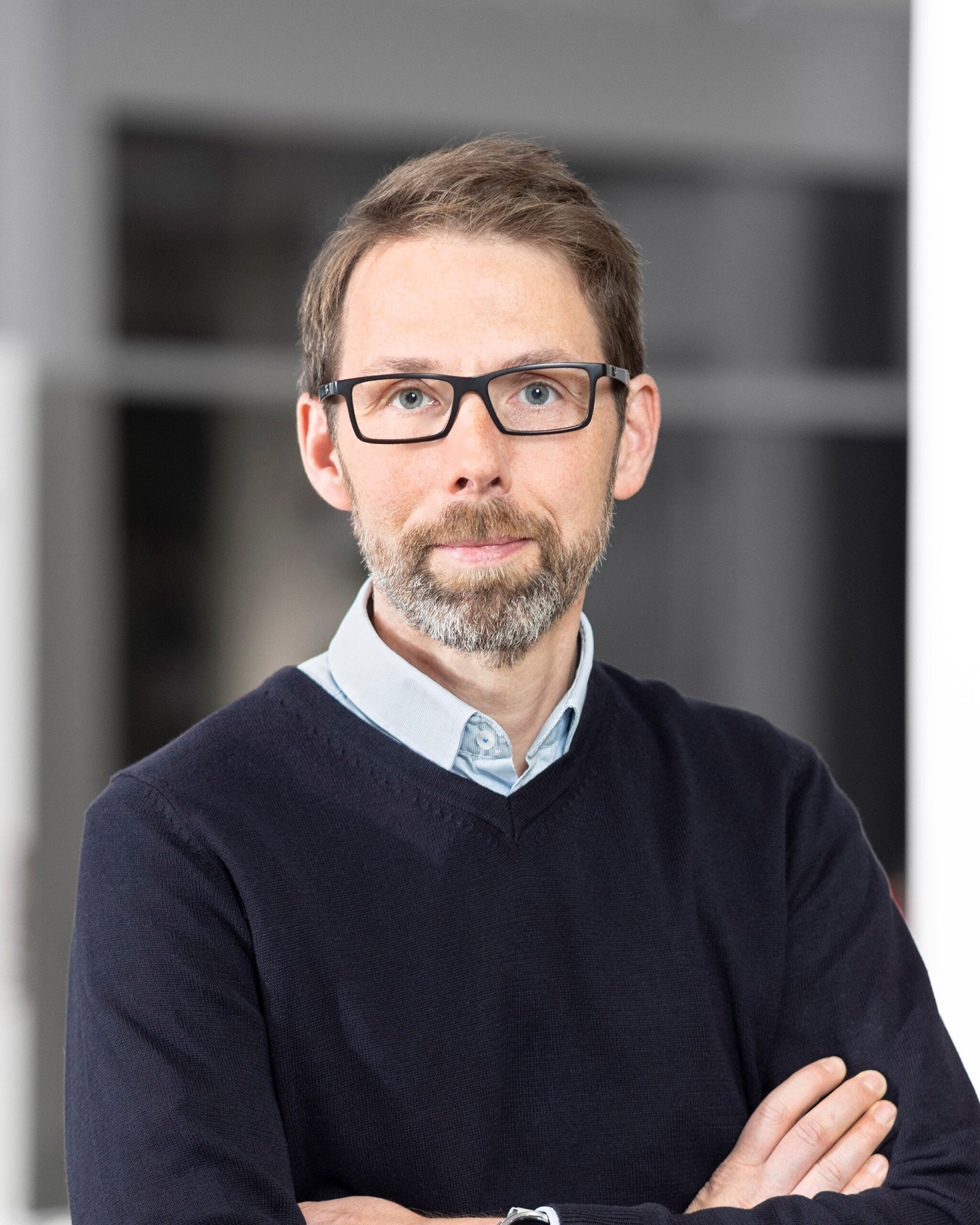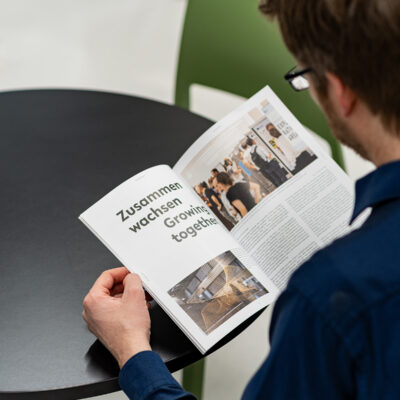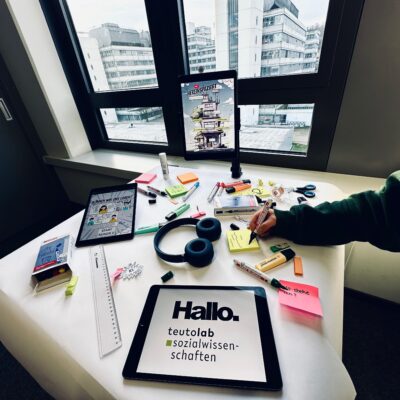During the coronavirus pandemic, it became clear that social cohesion plays an important role for individuals in times of crisis. Everyone benefits from a high vaccination rate, but under what circumstances are people willing to be vaccinated for the common good, even if they themselves would not be at high risk of falling seriously ill? And this with a vaccine that had just been developed, making the long-term consequences unforeseeable. One of the topics of Bielefeld sociologist Professor Dr Martin Kroh’s research is the generalized social trust this requires and the effects this has on the social collective good.
A general trust in fellow human beings can be an anchor of stability in uncertain times. In his project ‘Corona Crisis and Beyond: Perspectives for Science, Scholarship and Society’, funded by the Volkswagen Foundation, Kroh, together with Philipp Eisnecker and Simon Kühne (both Bielefeld), is investigating interpersonal trust during the coronavirus pandemic. ‘Previous research findings suggest that interpersonal trust is an important factor in the public response to crises such as natural disasters or pandemics while, at the same time, it can be changed by the more or less successful social management of these crises,’ the sociologist describes. In their research, Martin Kroh and his colleagues draw on unique data from the SOEP-CoV study, a survey of households conducted between March 2020 and January 2021 by the ‘Socio-Economic Panel’ (SOEP), one of the leading international household panel surveys. They focus not only on the importance of interpersonal trust for coping with the pandemic as a collective task but also on the impact of the pandemic on interpersonal trust and thus on the possibilities of social cooperation in future crises.

© Bielefeld University/ P. Ottendörfer
Research article on vaccine acceptance
A recently published study in PLOS ONE on ‘The role of generalized trust in COVID-19 vaccine acceptance’ takes a further look at people’s willingness to be vaccinated when vaccines began to be made available in early 2021. According to Kroh, generalized social trust – that is, the basic attitude that ‘in general, people can be trusted’ – is important as a fundamental orientation for attitudes and behaviour in various areas. Research shows, for example, that people with populist attitudes and conspiracy beliefs are less willing to trust others. Kroh explains: ‘In the PLOS ONE article, we look at what is needed to achieve a collective good in times of extreme uncertainty: in this case, achieving a very high vaccination rate at a time when vaccines were just being developed and studies on long-term effects were not yet available.’
The data, which were collected in early 2021, provide an in-depth picture of a situation in which people faced a high level of uncertainty. Other research has already shown, says Kroh, that generalized trust enables cooperation and makes it possible to overcome the problem of the collective good. That is, people who have such trust are more willing to accept risks that will benefit cooperative behaviour in the face of incomplete information and personal uncertainty. ‘It is almost as if we find that generalized trust can explain the willingness to be vaccinated in such an uncertain situation,’ the sociologist says of the published study. This effect, he says, is particularly strong among those who themselves face a low risk of severe disease – that is, young, healthy people. In the high-risk group – that is, older people and people with pre-existing conditions – the individual benefit exceeds the individual costs of vaccination. The collective good problem – the so-called ‘free rider’ problem: I won’t get vaccinated myself, but I’ll benefit from a high vaccination rate – does not arise to the same extent in this group compared to young people without pre-existing conditions.
Trust is first acquired in the parental home
At the Research Institute for Social Cohesion (FGZ), Kroh heads a project on ‘The Parental Home as a Social Microcosm: Intergenerational Transmission of Attitudes to Cohesion‘. (in German) The major importance of parental socialization for social and political attitudes extending into adulthood has been proven by numerous empirical studies from sociology, political science, educational science, and psychology. In their project, Kroh and his team are focusing specifically on how experiences in the parental home influence attitudes towards social cohesion. This includes looking at the direct but also the indirect influence from one generation to the next. One research question is asking how far prosocial attitudes are passed on directly to the next generation. Another addresses to what extent practices that promote a sense of community, such as conflict resolution strategies or dealing with differing opinions in the parental home, help to positively influence attitudes towards others in the community and to strengthen collective action in the children’s generation. The project hypothesis is that children learn successful cohesion in the microcosm of the family through experiencing how their parents and siblings interact. The focus here is on the long-term effects of parental socialization that continue into adulthood.





